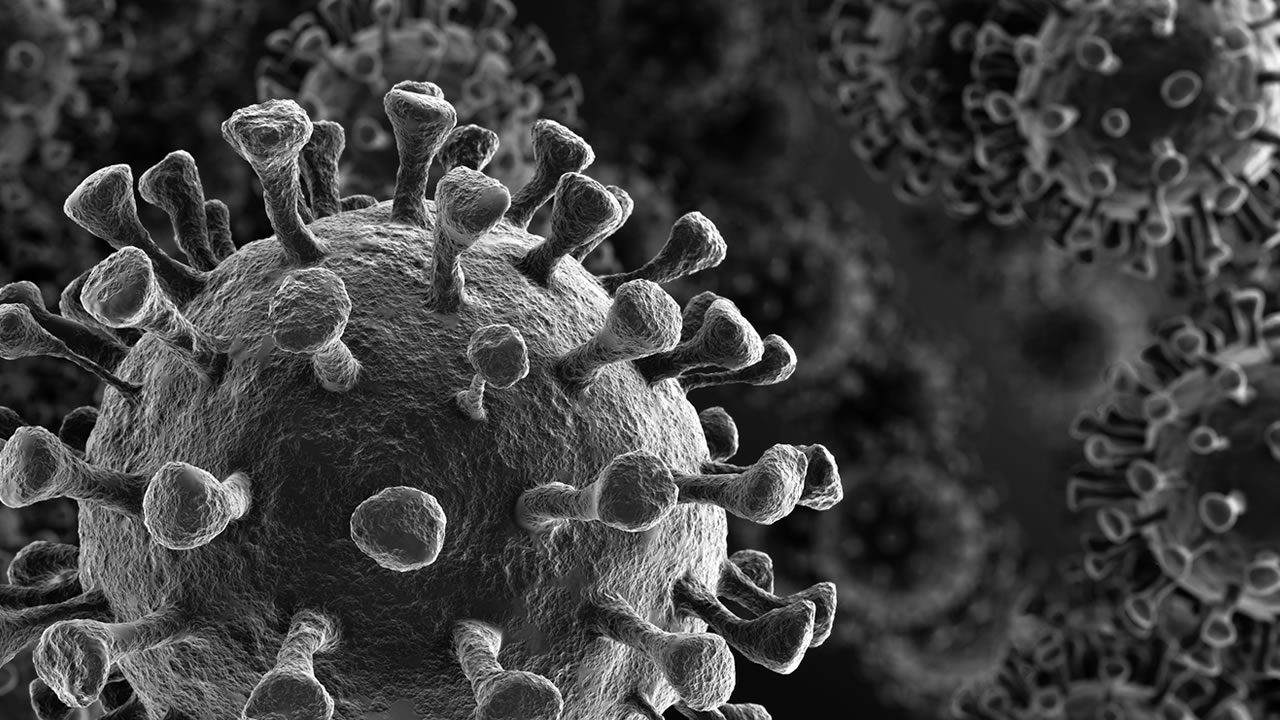Some doctors moving away from using ventilators for treatment of coronavirus patients
While there is no straight-forward way to treat infected patients because it manifests differently in each one, one local doctor says ventilators could be harmful to some.

As the coronavirus death toll mounts across the globe and the leaders in COVID-19 hot spots push for more ventilators, some doctors are moving away from using the breathing machines during treatment.
While there is no straight-forward way to treat infected patients because it manifests differently in each one, Dr. Raj Dasgupta, a pulmonary and critical care physician at Keck Hospital of USC, says ventilators could be harmful to some.
"When we were looking at the individuals that go to the medical ICU, they're on the ventilators. There are high mortality rates, there is a high death rate," he told Eyewitness News. "I do agree that by giving very high volumes giving high pressures, they can cause damage in the lung."
Coronavirus symptoms, tips amid COVID-19 outbreak

In general, 40% to 50 % of patients with severe respiratory distress die while on ventilators. But in New York City, health officials report 80 percent or more of coronavirus patients placed on the machines have died.
The amount of pressure and size of breaths pushed through the ventilators can be adjusted, but Dasgupta and his colleagues also found turning patients on their stomachs - whether they are on a ventilator or not - helps with getting more oxygen.
He also observed something else. Dasgupta says patients who have acute respiratory distress syndrome tend to develop blood clots, "quite a bit."
Even as chloroquine shows potential for treating COVID-19, doctors warn caution needed

Clotting prevents blood flow to the lungs. Some doctors are using nitric oxide to address that issue, but Dasgupta found that clotting might be another reason why hydroxychloriquine may be helpful during treatment.
"One of the properties of hydroxychloroquine is that it does slightly help out with clotting and maybe that's why we're seeing benefit."
Hydroxychloroquine has been touted as a possible treatment for COVID-19 by President Trump among others, but it remains controversial as some experts believe it is unproven and may not be effective.
The drug has long been used for treatment of malaria and conditions such as lupus and arthritis but is not technically approved by the FDA for COVID-19. The agency, however, is encouraging trials and has provided limited emergency authorization for its use to treat COVID-19 patients.
LA doctor seeing success with hydroxychloroquine to treat COVID-19

Still, while treatment for COVID-19 is a territory that the medical field is still studying, Dasgupta recommends that patients and their loved ones take part in the decision-making with medical care providers.









